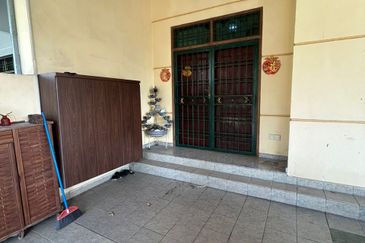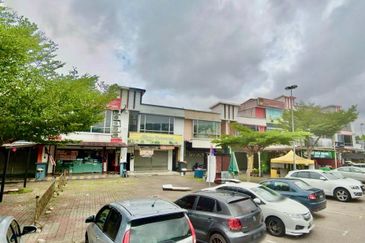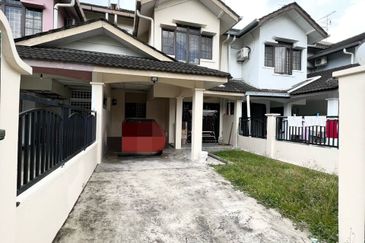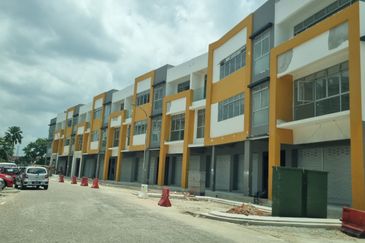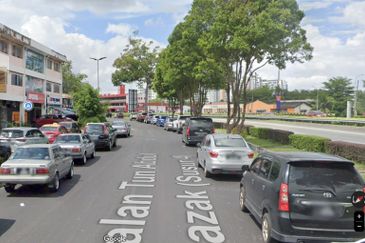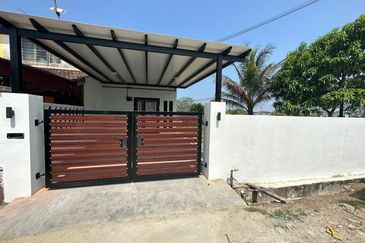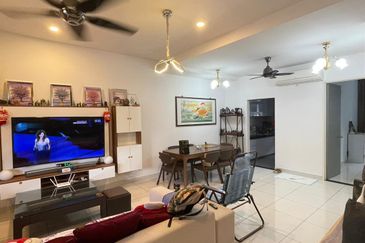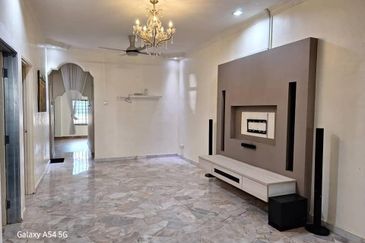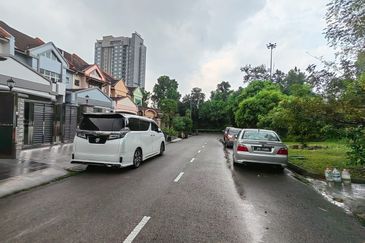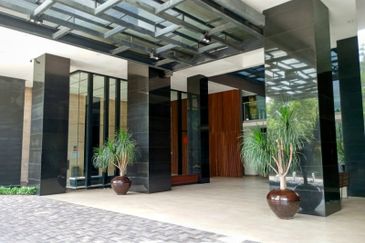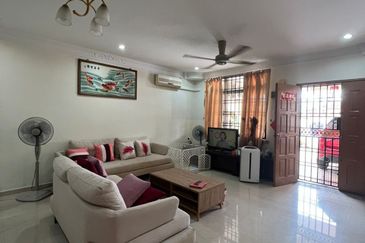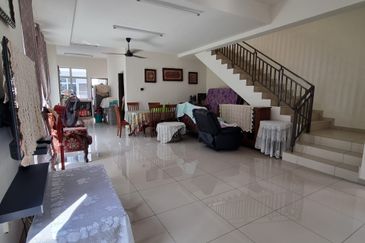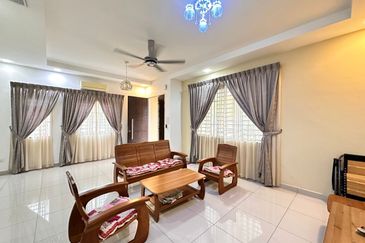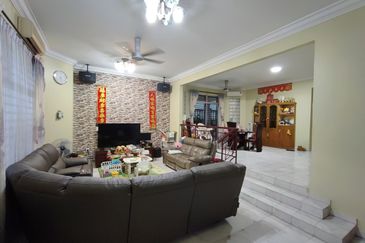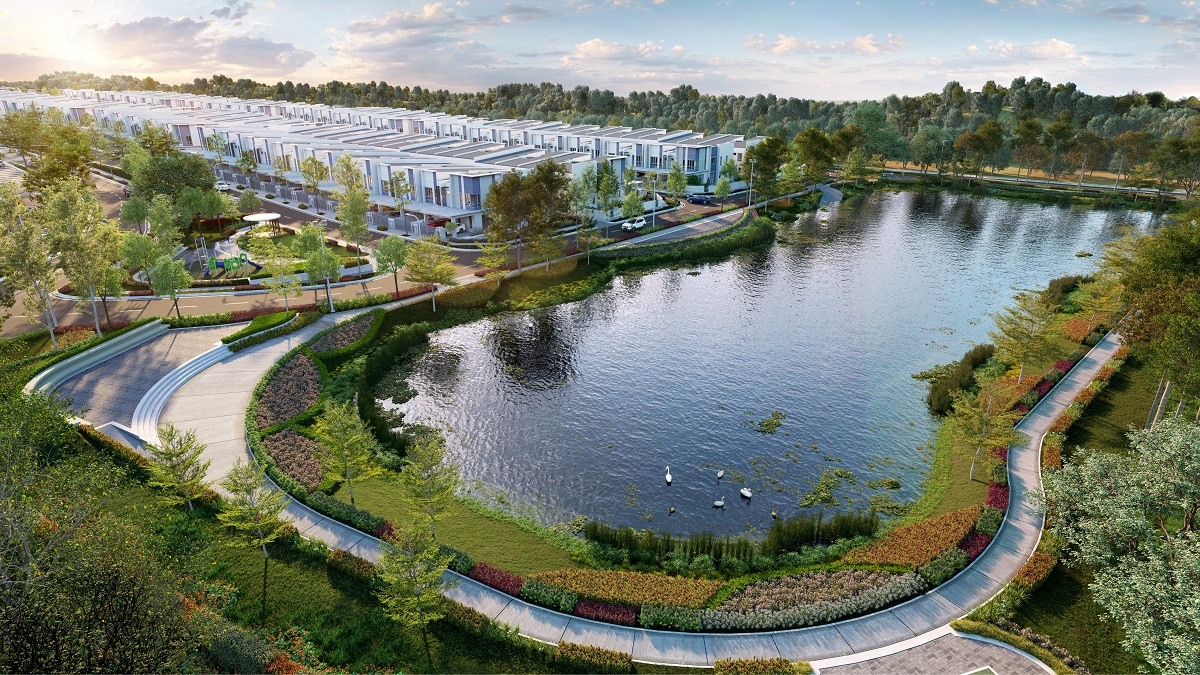
Real estate investment trust sector
Maintain neutral: We maintain “neutral” rating on the real estate investment trust (REIT) sector given the general oversupply situation but this should be offset by the appeal of REITs given the current uncertain equity markets. We leave our assumption of 10-year Malaysian government securities (MGS) yield remaining unchanged at 4.1%, and roll forward our valuation to 2019. To note, our valuation model is based on the targeted yield of two-year historical average yield spread between dividend yield and 10-year MGS yield.
Currently the MGS yield stands at 4.1%, stabilising from a high of 4.26% (May 2018) and we expect it to remain so for the rest of 2018. We do not expect any more overnight policy rate (OPR) hike for the rest of 2018, after the hike in January. With the goods and services tax (GST) abolished and stabilised fuel price, upside risk to inflation (and OPR hike) is minimal this year. Malaysia’s moderate yet strong growth is expected to remain resilient.
The “zero-rating” of GST is positive for consumer spending and we anticipate consumption to increase 8.5% year-on-year (y-o-y) in second half of 2018 (2H18) (1H18: 7% y-o-y). The Consumer Sentiment Index hit 91 in the first quarter of 2018 (1Q18), its highest reading since the now-defunct GST was implemented in April 2015. This augurs well for retail real estate investment trusts (REITs) via a higher retail spending, which is up 7.2% y-o-y (January to April 2018). The migration from GST to sales and services tax should be positive for purchasing power as the latter encapsulates a narrower range of goods and services.
1Q18 total retail supply stood at 62.8 million sq ft with incoming supply of about 15.5 million sq ft until 2020. The oversupply issue is expected to worsen while the rise of e-commerce remains a long-term risk. However, major retail REITs under our coverage have promising occupancy rate in 2018 due to their prime location and catchment on the back of improved economic conditions.
1Q18 total office supply stood at 122.1 million sq ft with a vacancy of 24.8%, and incoming supply of about 16.9 million sq ft is expected until 2020. We do not expect the oversupply issue to improve in the near term as a majority of the incoming supply is built without pre-committed demand; and rental has largely remained stagnant due to availability of options. Hence, we prefer key buildings with sustainable rental reversion and long weighted average lease expiry (Wale) that are less prone to the challenging market.
Industrial supply continues to increase in Selangor (2017: 39,000 units). New guideline of allowing REITs to engage in property development is a catalyst for this sector, as shorter duration and lesser capital expenditure required for constructing industrial property versus acquisitions. Also, issue of securing tenants is well mitigated as tenure of lease agreement for industrial property is usually long-term.
We like MRCB-Quill REIT (buy, target price [TP]: RM1.29) given its sustainable attractive dividend yield of 8% (highest in our coverage), stable assets in prime locations with high occupancy rates and healthy Wale profiles and IGB REIT (buy, TP: RM1.89) due to its concentrated prime assets, sustainable positive tenant sales growth and rental reversions. — Hong Leong Investment Bank Research, July 12
This article first appeared in The Edge Financial Daily, on July 13, 2018.
For more stories, download EdgeProp.my pullout here for free.
TOP PICKS BY EDGEPROP
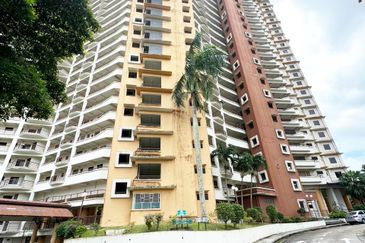
Seri Mutiara Apartments, Bandar Baru Seri Alam
Masai, Johor
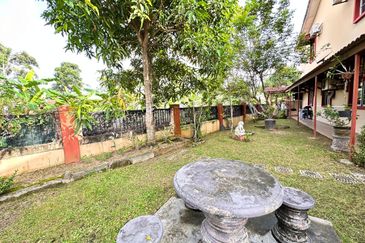
Taman Bukit Indah @ Iskandar Puteri
Johor Bahru, Johor

